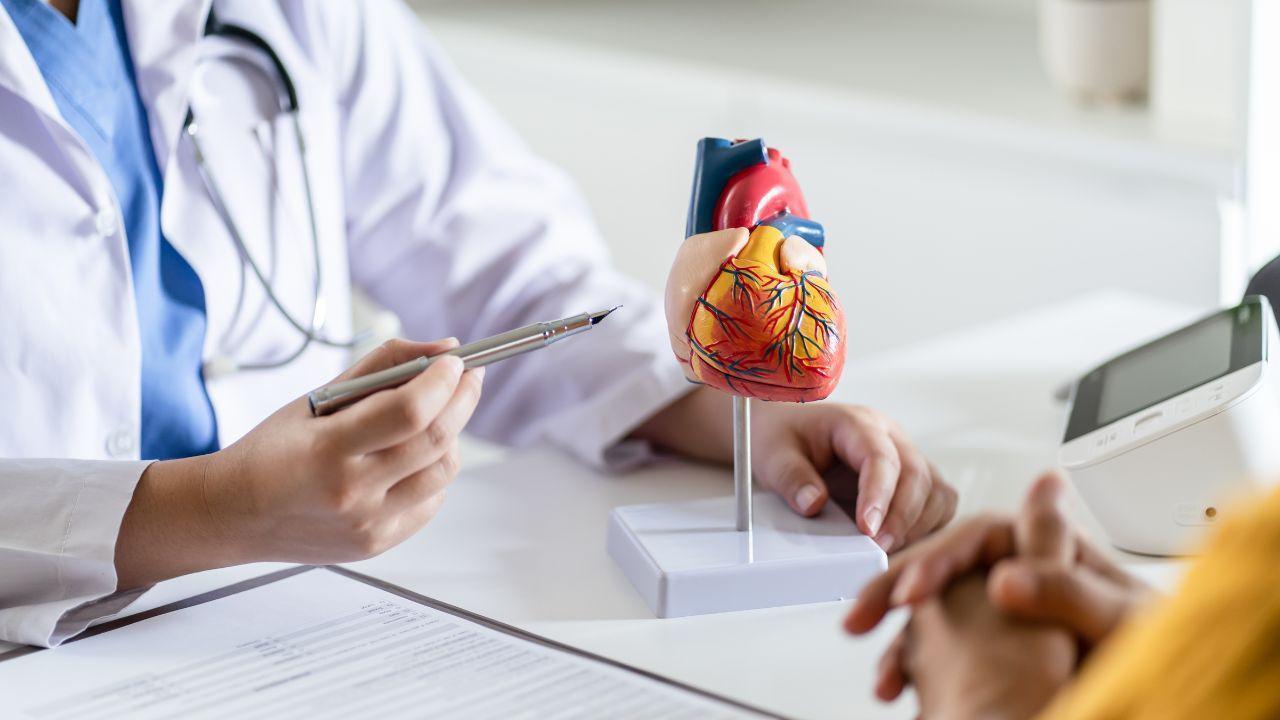
Post by : Saif Nasser
A heart attack can strike without warning, and minutes matter. Leading cardiologists in India say that prompt, calm action in the opening moments can dramatically increase the chance of survival. Too many patients die before reaching care because families delay or panic; clear steps taken early can change the outcome.
1. Recognize the Warning Signs
Knowing the typical signs is the first priority. Dr. Ashok Seth, a senior cardiologist, notes that early symptoms are often dismissed as indigestion, stress or fatigue.
The most common indicators include:
Persistent chest discomfort or a heavy pressure lasting several minutes
Pain that radiates into one or both arms, the neck, jaw or back
Shortness of breath or laboured breathing
Excessive sweating, lightheadedness or nausea
Dr. Seth stresses that any burning, squeezing or pressure in the chest should not be ignored. “If pain continues beyond about five minutes, assume a heart attack until proven otherwise,” he says. Early recognition is often lifesaving.
2. Call for Medical Help Immediately
The next step is to contact emergency services without delay. Avoid driving yourself to hospital or waiting to see if symptoms resolve. In India, dial 108 or your local emergency number.
If an ambulance cannot reach you, ask a neighbor, friend or family member to take the person to the nearest hospital equipped with a cardiac unit.
While awaiting professional help:
Have the patient sit and remain as calm as possible.
Relax tight clothing around the neck and chest.
Do not walk or exert energy.
If the person is alert and not allergic, chew one adult aspirin (300 mg) to slow clot progression.
Dr. Seth warns that delays damage heart tissue. “The aim is hospital treatment within the first hour — the so‑called golden hour,” he explains.
3. Keep Calm and Help the Patient Breathe
Most crucial is maintaining consciousness and respiration. If the patient becomes unresponsive:
Verify breathing and responsiveness.
If there is no pulse or breathing, begin CPR at once.
How to perform basic CPR:
Place both hands on the centre of the chest and deliver firm, rapid compressions — roughly 100 compressions per minute.
Keep going until emergency teams take over or the person regains spontaneous breathing.
Dr. Seth notes that even rudimentary chest compressions can substantially increase survival chances. “Don’t wait for perfect technique; doing something is far better than doing nothing,” he advises.
A Message from the Doctor
Cardiologists emphasise that prevention remains key. Adopting a balanced diet, regular physical activity, stress management and routine health checks reduce risk.
“Heart attacks are appearing more often in younger adults due to unhealthy lifestyles and late diagnosis,” Dr. Seth says. “Greater awareness and timely intervention could save thousands of lives every year.”




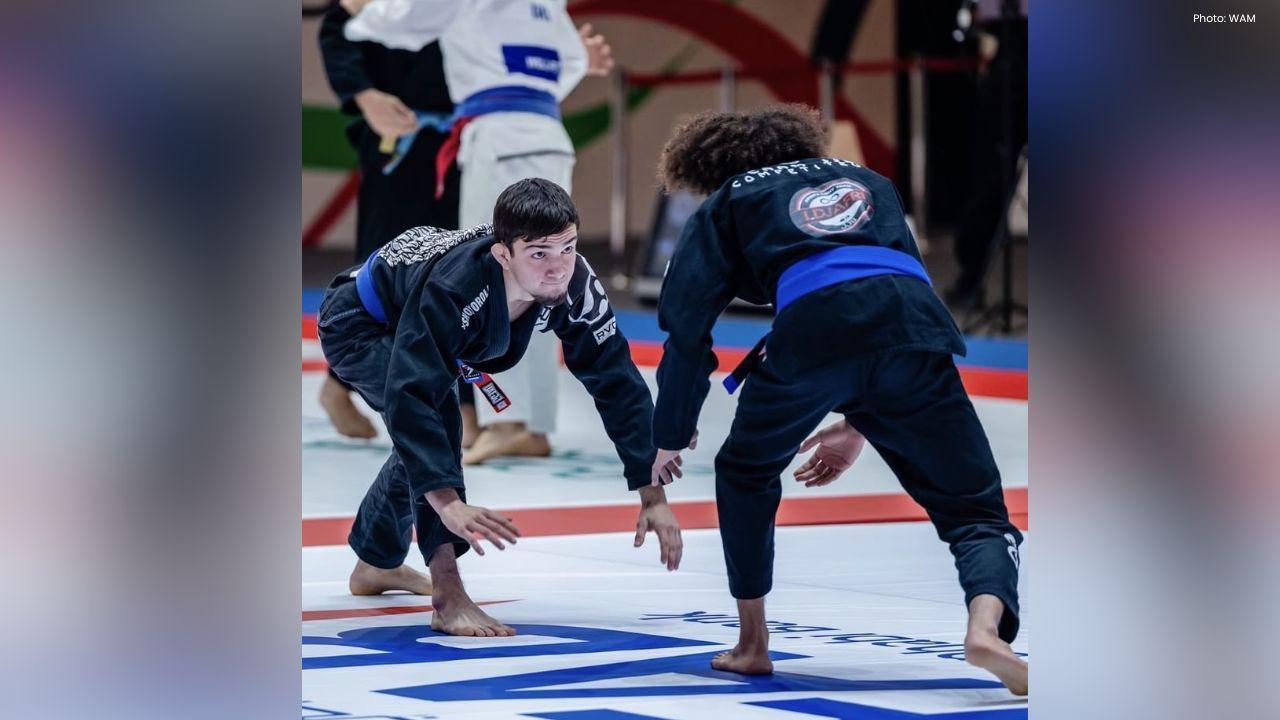




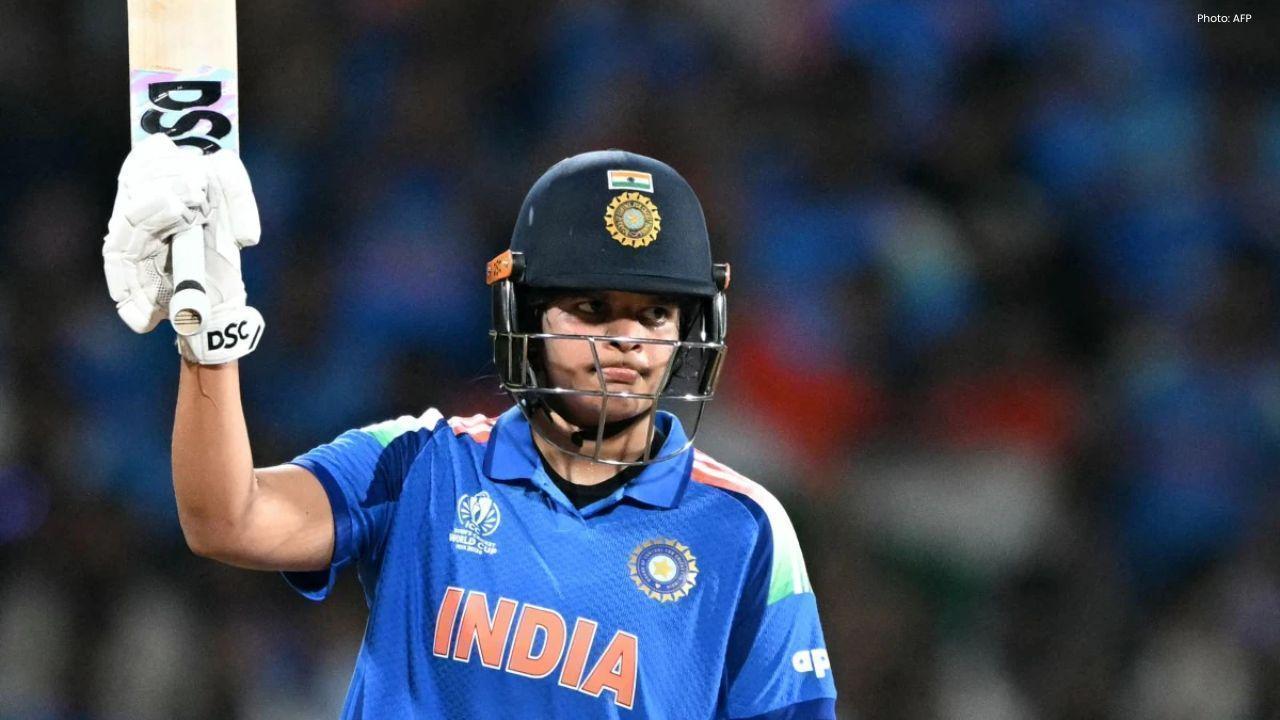
Haryana's Chief Minister Honors Shafali Verma for World Cup Victory
CM Nayab Singh Saini awarded Shafali Verma ₹1.5 crore and a Grade A certificate, celebrating her rem

South Africa Looks to Cement Their Status Against India in Test Series
The Proteas set to showcase their prowess as they face India in a Test series, with the focus on sec
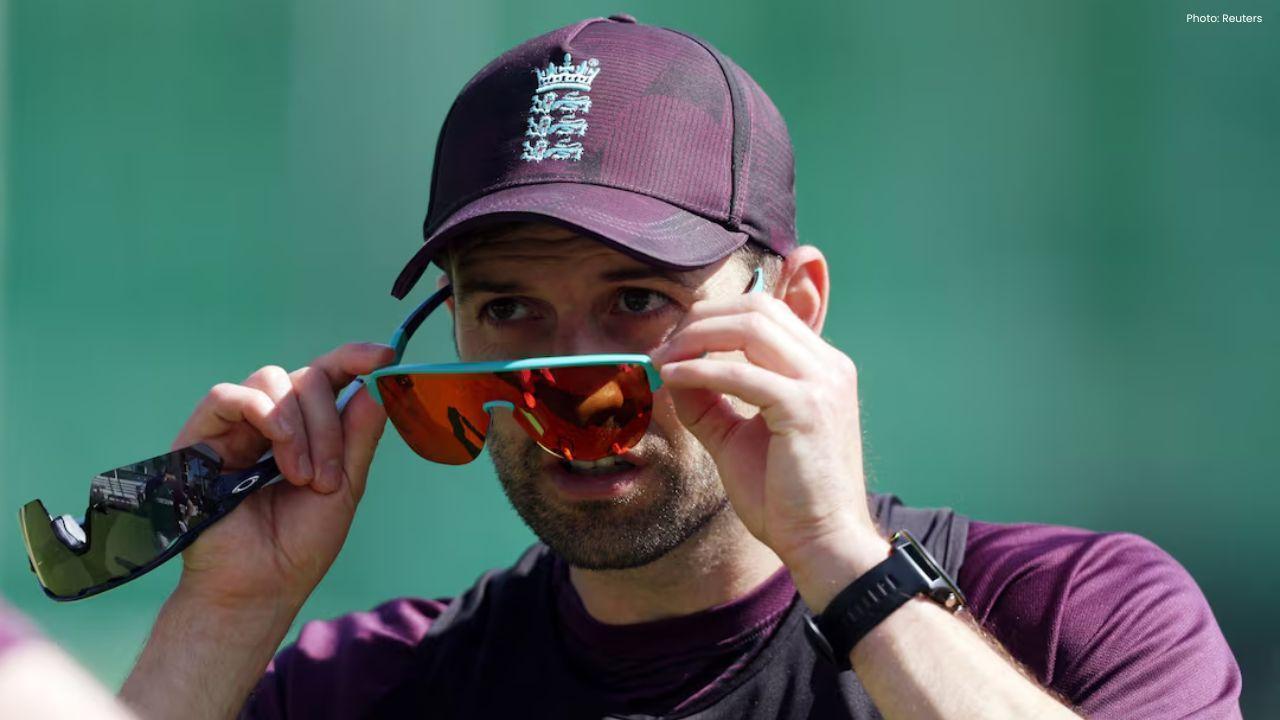
Concerns Grow for England as Mark Wood Faces Injury Ahead of Ashes
Mark Wood's hamstring stiffness raises alarm for England's Ashes hopes, as scans are set to determin

Nelly Korda Poised for Comeback at The Annika Tournament
Nelly Korda returns to The Annika tournament after a five-week break, aiming to shake off her winles

Jokic Shines with 55 Points as Nuggets Defeat Clippers 130-116
Nikola Jokic scored a stunning 55 points, propelling the Nuggets to a 130-116 victory over the Clipp
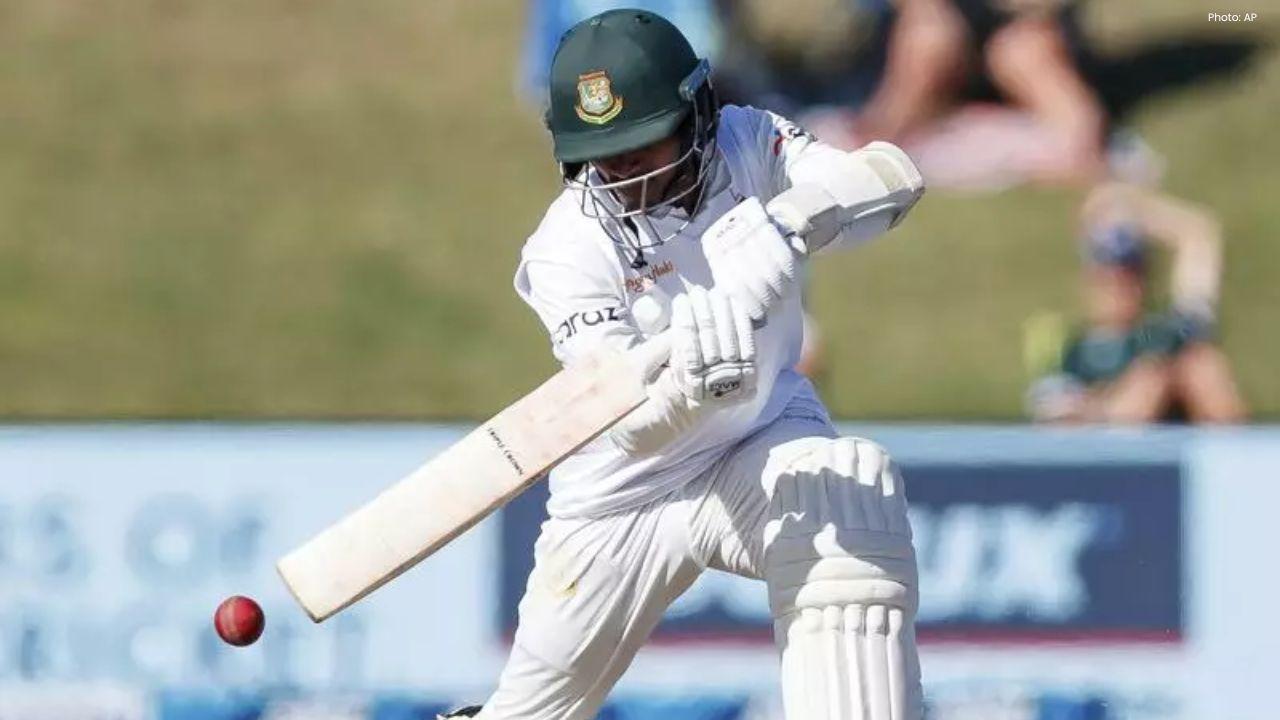
Mahmudul Hasan Joy's Career-Best 169 Propels Bangladesh Ahead
Mahmudul Hasan Joy's unbeaten 169 guided Bangladesh to 338/1, establishing a 52-run lead over Irelan